“My God, one more day of lucidity, not just one more day of life”, my paternal grandfather, Joan Argemí Fontanet, often said in family gatherings. He also said it in the sense that studying is a key tool to have a horizon and not lose understanding. This has made me reflect on how the curiosity to learn new things can have a positive impact on life. My grandfather placed great importance on education, which led him to become a great pediatrician and get involved in numerous initiatives in the city of Sabadell.
Despite the difficulties I have had to overcome to study and become a professional, I am convinced that education is a key tool for success. However, it is not always easy to keep up with the pace of the educational system and face the challenges that daily life with a disability entails.
But in the end, the most important thing is not to follow the exact rhythm set by the educational system, but to maintain curiosity for learning and keep fighting to achieve our goals. Life is a constant process of learning, and I am grateful for every opportunity I have had to grow as a person and professional. I hope to share my experience with studies through this series of interviews that both my school and the university where I studied have conducted. The interview that you can read below was conducted by La Farga, the school where I spent my entire school stage. It is located in Mirasol (Sant Cugat del Vallès). You can find my book on Amazon.
La Farga Interview
https://lafarga.institucio.org/ca/actualitat/entrevista-a-xavi-argemi-alumni-de-la-farga
Interview with Xavi Argemí, La Farga Alumni
He suffers from Duchenne muscular dystrophy and has just published the book “Learning to Die in Order to Live.“
Xavi Argemí is a former student of La Farga. For years, he has been suffering from Duchenne muscular dystrophy, which causes him to lose strength in his entire body. He has just published the book “Learning to Die in Order to Live,” where he tells his story. Xavi has agreed to give an interview to La Farga, which we offer you below.
You were a student at La Farga for several years, tell us the best memory you have from that time.
From that time, I have many memories, and especially it has given me most of the friends I have, which is one of the pillars I talk about in the book I recently wrote.
How do you think the school and your teachers helped you during your time as a student at La Farga?
They made me feel like one of them and did what was necessary for me to have a good education, access activities adapted to my physical situation in different school stages, and acquire the values I have.
When you graduated, what did you take from the school (values, lessons, something you learned) that helped you in the following years?
Values such as effort, perseverance, and companionship, and in general, good academic and human education.
Many students have a special memory of a particular teacher who left a mark on their student life. In your case, who do you think had an impact on your life and why?
I could mention several, but to give an example, in the last stage of high school, Mr. Josep Solé was very important to me. He was my last tutor and was always there for what I needed to cope with the hectic pace of the second year of high school, given my difficulties. In a short time, I had to prepare for the university entrance exams.
From your personal experience and point of view, what do you think makes La Farga different from any other school? What characteristics do you think or see as distinctive?
Especially the personalized treatment with each student according to their needs through tutoring or spiritual support. Also, the important Christian values that it teaches.
Putting your story into writing, your testimony, surely has not been easy. How did the idea of writing this book come about, what motivated you to do it?
You can find my story in the book “Learning to Die in Order to Live.” I decided to write the book because I saw that it could help people with similar circumstances to mine have a positive and hopeful outlook on life.
You must have received many different reactions to the book, to your story. In general, what do people tell you? What is their feedback?
People tell me that the book has helped them a lot with any problem or circumstance they have, whether their own or someone close to them. The truth is that in their messages, they not only say that they liked it, but they also tell me about their situation and details of the book that they wanted to highlight. I didn’t imagine that my book would have such an impact.
Your Duchenne disease has demanded great dedication from your family and educational environment in day-to-day details; it has also been a growth for them. How do you stay united in this when we encounter big or small problems, which we all have or will have?
Be grateful and appreciate all the good things we have. Also, focus more on others, thinking about what we can contribute to them. Thanks to God, we live in an area with many resources.
Xavi, in moments of discouragement or concern, what or who inspires you?
As I mentioned before and in the book, in the positive aspect of life, and for me personally, it’s the faith I have and the support of family and friends.
You must have noticed that your good humor, full of frankness and optimism, is contagious and very motivating for your friends, acquaintances, teachers… Tell us a recent anecdote or one from when you were a child.
I have a friend who remembers that when I was hospitalized, he came with a few others to the ICU, and some family members took care of them. They were interested in my health condition, and someone mentioned that I was worried about university assignments. It impacted them and made them laugh a lot because they thought I would be more concerned about my health, which I was naturally. But it was a funny situation within the seriousness of the situation.
Tell us a dream that you encourage young people today to have.
I encourage them not to give up on what they set out to do and that despite the difficulties, we can achieve many things, and we must have hope.
If you had to give advice to the Xavi from a few years ago, what would you say to him? And what would you say to boys and girls who are in a similar situation to yours?
For example, I would tell them to differentiate well between problems and circumstances: circumstances are what you cannot change, and therefore, you have to accept them, and problems are what you can try to modify by seeking a solution.

